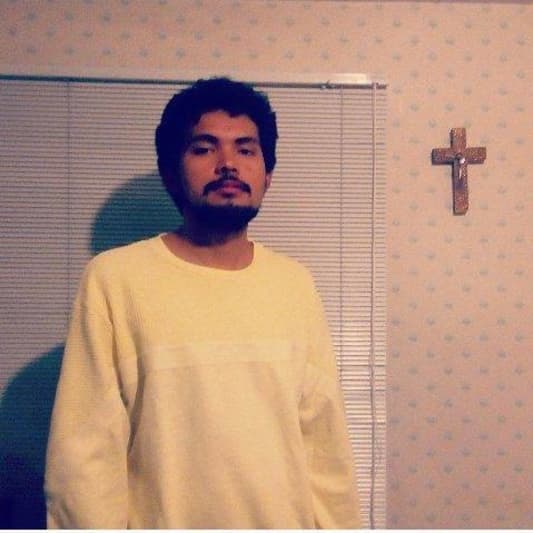
I love video games and also love video game music
Currently studying to create music at UNAM in Mexico City. I would love to create music for video games and other electronic platforms.
Send me an email through 'Contact' button above and I'll get back to you asap.
Interview with Roberto Bojorquez
Q: Tell us about a project you worked on you are especially proud of and why. What was your role?
A: I did the arrangement of a national piece and my role was arranger, director and performer
Q: What are you working on at the moment?
A: Finishing some details of a sonata for viIolin and piano, and starting a string quartet
Q: Analog or digital and why?
A: Both, the string section always sounds better in analog, while in digital there is more room to create unique experiences
Q: What's your 'promise' to your clients?
A: That their work will be as close as possible to what they imagine and its quality
Q: What do you like most about your job?
A: Create music and meet musicians with ways of seeing art in a different way than mine
Q: What questions do customers most commonly ask you? What's your answer?
A: How long does it take? My answer is "it depends on the quality of the work and its complexity"
Q: What's the biggest misconception about what you do?
A: That I not only compose, I also arrange. I not only arrange, but I also compose
Q: What questions do you ask prospective clients?
A: What is the message that you would like to communicate with the music that we will create together
Q: What advice do you have for a customer looking to hire a provider like you?
A: Have patience to listen to yourself and find what message you want to convey
Q: If you were on a desert island and could take just 5 pieces of gear, what would they be?
A: My violin only
Q: What was your career path? How long have you been doing this?
A: I've been studying how to communicate with music for 15 years and working as an arranger for 3 years
Q: How would you describe your style?
A: With classical roots but with innovative touches, I always prefer that my music has a message and that it is easy to listen to.
Q: Which artist would you like to work with and why?
A: I would like to work with video game creators, composers and performers who like to have a broad focus
Q: Can you share one music production tip?
A: The job of an interpreter is to translate the intentions of the composer to the public
Q: What type of music do you usually work on?
A: Classical music, pop arrangements and video game soundtracks
Q: What's your strongest skill?
A: Musical language
Q: What do you bring to a song?
A: I am an interpreter of abstract ideas so that they materialize in music
Q: What's your typical work process?
A: First I develop with the client the objective that is to be represented in the piece, then I choose the instrumentation, style and time, if necessary I investigate with similar pieces
Q: What other musicians or music production professionals inspire you?
A: I am inspired by the music of Castlevania, Pokemon and the legend of Zelda, and Shin Megami Tensei
Q: Describe the most common type of work you do for your clients.
A: pop music arrangements for string quartets or chamber ensembles, original pieces for indie games (composition and performance)

- Game AudioAverage price - $500 per day
- String SectionAverage price - $70 per song
- String ArrangerAverage price - $70 per song
- ViolinAverage price - $70 per song
- Michiru Yamane
- Koji Kondo
- YUZO KOSHIRO



